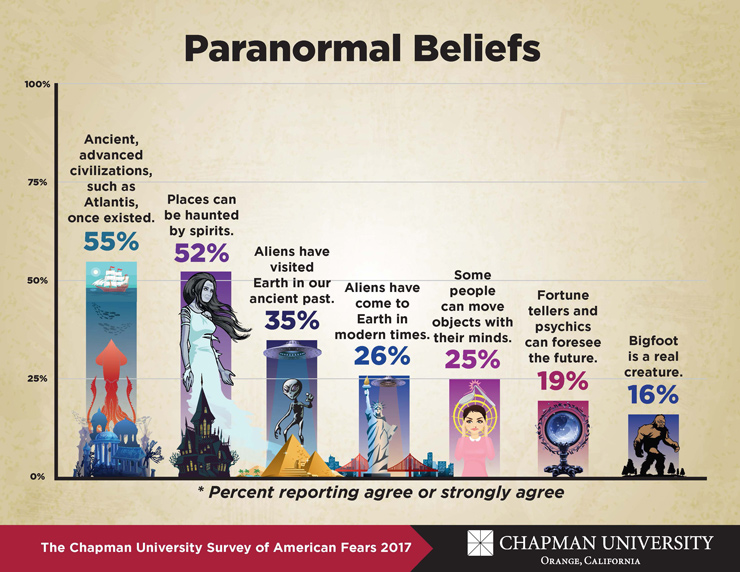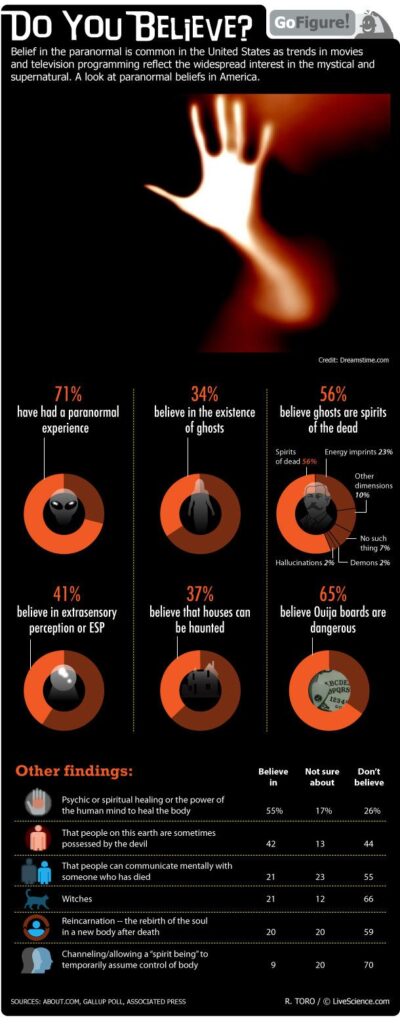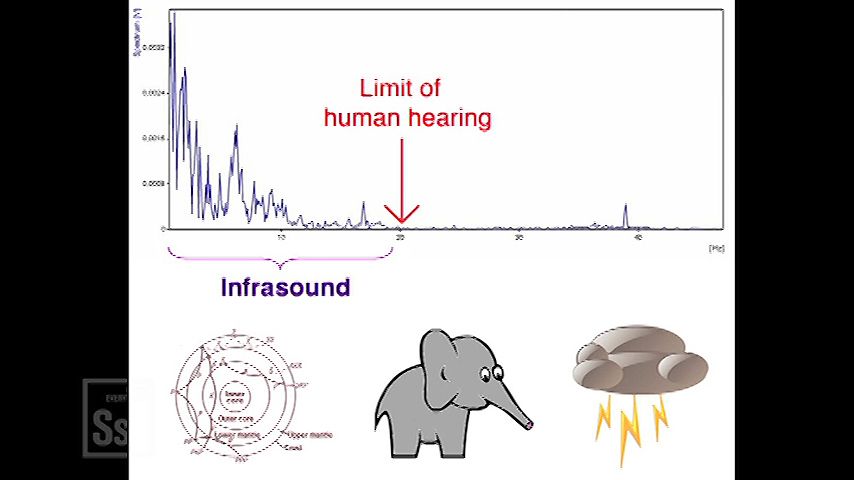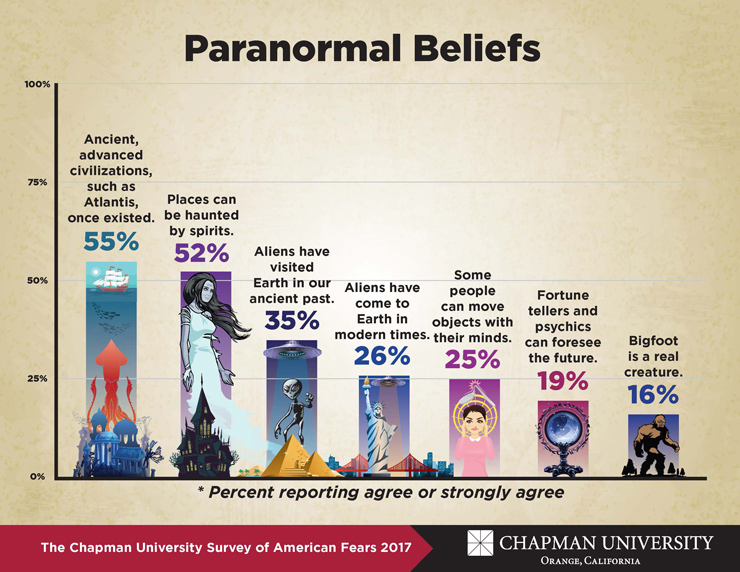In this article, you will learn about the connection between paranormal phenomena and religion and spirituality. We will explore how beliefs in the supernatural have influenced various religious practices throughout history and how they continue to shape spiritual experiences today.
Paranormal phenomena, such as ghosts, spirits, and supernatural powers, have long been associated with religious and spiritual beliefs. Many religions incorporate the belief in an unseen world, where spirits or supernatural beings exist alongside our physical reality. People look to these phenomena as proof of the existence of a higher power or as a way to connect with the divine. Whether you are a skeptic or a firm believer, understanding the relationship between paranormal phenomena and religion and spirituality provides insights into the human desire for meaning and connection beyond the physical world.

Get your protective spiritual salt here.
Paranormal Phenomena and Its Definition
Understanding paranormal phenomena
Paranormal phenomena refer to events or experiences that cannot be explained by scientific knowledge or natural laws. These phenomena often involve strange occurrences that defy logical reasoning, such as supernatural abilities, encounters with ghosts or spirits, and psychic experiences. While skepticism exists around the existence of paranormal phenomena, many individuals believe in their reality based on personal encounters or cultural beliefs.
Different types of paranormal phenomena
Paranormal phenomena can manifest in various ways, each with its own distinct characteristics. Some common types of paranormal phenomena include:
- Ghosts and Spirits: These phenomena involve encounters with the spirits of deceased individuals. Ghostly apparitions, cold spots, and unexplained sounds or voices are often associated with these encounters.
- Psychic Abilities: Individuals with psychic abilities claim to have extrasensory perception (ESP) or the ability to perceive and interpret information beyond the five physical senses. This can include telepathy, clairvoyance, and precognition.
- Out-of-Body Experiences (OBEs): OBEs involve a person’s consciousness leaving their physical body and exploring the world or other dimensions. These experiences often occur during near-death experiences or deep meditative states.
- Miracles and Divine Interventions: Miracles are considered paranormal phenomena that involve supernatural interventions in the natural world. These events are often attributed to the power or will of a higher being or deity.
Religion and Its Beliefs
Introduction to religion
Religion is a system of beliefs, practices, and rituals that revolves around the worship or reverence of a higher power or deity. It provides individuals with a framework for understanding the world, their purpose in it, and the nature of the supernatural or divine. Different religions have unique beliefs, values, and practices that guide their followers’ lives and shape their worldview.
Key beliefs and practices in different religions
While religious beliefs and practices vary across different traditions, they often share common elements. Some key beliefs found in many religions include:
- The existence of a higher power or divine being: Most religions acknowledge the existence of a supreme being or deity that is responsible for the creation and governance of the universe.
- Moral and ethical values: Religion often provides a moral and ethical code of conduct that guides the behavior and actions of its followers. These values help individuals live in harmony with others and the divine.
- Prayer and worship: Worship and prayer are integral parts of religious practice. They provide a means for individuals to communicate with and seek guidance from the divine.
- Rituals and ceremonies: Religions often incorporate rituals and ceremonies into their practices. These can include baptism, marriage ceremonies, and funeral rites, among others.
L
Learn more about the Mystery School Here
Spirituality and Its Meaning
Defining spirituality
Spirituality can be understood as an individual’s personal connection to something greater than themselves, such as a higher power, the universe, or their own inner selves. It encompasses a sense of meaning, purpose, and transcendence that goes beyond the material world. While religion and spirituality are often interconnected, spirituality can exist independently of religious beliefs.
The role of spirituality in personal growth
Spirituality plays a vital role in personal growth and development. It provides individuals with a sense of belonging, purpose, and inner peace. Spiritual practices, such as meditation, mindfulness, and self-reflection, can help individuals explore their inner selves, cultivate gratitude and compassion, and find deeper meaning in life.
Exploring the Connections
Similarities between paranormal phenomena and religion
Paranormal phenomena and religion often intersect in several ways. Both involve the realm of the supernatural and the belief in forces or beings beyond our comprehension. In some religious traditions, paranormal phenomena are considered as manifestations or encounters with the divine or supernatural entities.
Spiritual interpretations of paranormal experiences
Spirituality offers alternative interpretations of paranormal experiences. Rather than perceiving them as random or unexplained events, spirituality views these occurrences as opportunities for growth, transformation, and connection with the spiritual realm. For example, a ghostly encounter might be seen as a message from a deceased loved one or an entity seeking assistance in crossing over to the afterlife.

Religious Perspectives on Paranormal Phenomena
Religious explanations for paranormal occurrences
Different religions provide explanations for paranormal phenomena within their respective belief systems. For example, in Christianity, paranormal experiences such as miracles and divine interventions are often attributed to the power of God or the work of angels. Similarly, in Hinduism, paranormal abilities and encounters with spirits may be attributed to the influence of gods, goddesses, or ancestral spirits.
Supernatural elements in religious texts
Religious texts often contain accounts of paranormal phenomena and supernatural occurrences. These stories and teachings form an integral part of religious traditions and provide believers with guidance, inspiration, and validation for their own encounters with the supernatural. For example, the Bible contains numerous accounts of miracles performed by Jesus and other biblical figures.
Spiritual Interpretations of Paranormal Experiences
Spiritual insights into ghostly encounters
Spiritual traditions offer various perspectives on ghostly encounters. Some view these encounters as interactions with spirits who have not yet transitioned fully into the afterlife. Others see them as expressions of the spiritual energy or consciousness of deceased individuals. In both cases, spiritual practices such as prayer or energy healing may be used to help the spirits find peace or closure.
The concept of spirits and afterlife in different spiritual traditions
Many spiritual traditions believe in the existence of spirits and the afterlife. These traditions often interpret paranormal experiences as interactions between the physical and spiritual realms. For example, in Buddhism, spirits are believed to exist in various realms of existence, and paranormal encounters may be seen as glimpses into these realms. Similarly, indigenous spiritual traditions often involve communicating with ancestral spirits for guidance and protection.

The Influence of Religion and Spirituality on People’s Beliefs
How paranormal experiences shape religious beliefs
Paranormal experiences can greatly influence a person’s religious beliefs and practices. For some, these encounters validate their faith and provide a tangible connection to the divine or supernatural. They may deepen their religious commitment, seek guidance from religious leaders, or become more involved in religious rituals and practices as a result of these experiences.
Spiritual practices to connect with the supernatural
Spirituality offers a range of practices that can help individuals connect with the supernatural or divine. Meditation, prayer, and contemplative exercises can create a receptive state of mind, allowing individuals to tune into their spiritual senses and perceive subtle energies or messages from the spiritual realm. These practices can enhance one’s overall spiritual experience and foster a deeper connection with the supernatural.
Controversies and Skepticism
Scientific skepticism towards paranormal phenomena
Paranormal phenomena often face skepticism and scientific scrutiny. Skeptics argue that these experiences can be explained by natural laws or psychological factors rather than supernatural or paranormal causes. They emphasize the importance of critical thinking, evidence-based research, and the scientific method when evaluating such phenomena.
Religious perspectives on skepticism
Religious traditions may view skepticism towards paranormal phenomena differently. While some religious individuals may embrace scientific skepticism and seek rational explanations, others may see skepticism as a challenge to their faith or religious beliefs. They may argue that the supernatural realm is beyond the scope of scientific understanding and that faith and personal experiences are valid forms of evidence.

Examples of Paranormal Phenomena in Religious Contexts
Miracles and divine interventions
Religions often include accounts of miracles and divine interventions. These events are considered paranormal phenomena that involve supernatural interference in the natural world. Examples of miracles found in religious texts include healing the sick, raising the dead, and parting the sea, among others.
Instances of spiritual possession
Various religious traditions acknowledge the existence of spiritual possession, where individuals are believed to be temporarily taken over by spirits or entities. These possessions can be seen as paranormal phenomena, and religious rituals are often performed to help the possessed individual regain control and find spiritual healing.
Conclusion
The interplay between paranormal phenomena, religion, and spirituality is complex and multifaceted. While paranormal experiences challenge traditional scientific explanations, they often find resonance within religious and spiritual frameworks. Whether interpreted as encounters with the divine or opportunities for personal growth, paranormal phenomena offer individuals a glimpse into the mysterious realm beyond our everyday experiences. The individual’s interpretation and belief system play a significant role in shaping their understanding and relationship with the supernatural. Whether you approach these phenomena with skepticism or open-mindedness, exploring the connections between paranormal phenomena, religion, and spirituality offers a fascinating journey into the unknown.
Secret Genetic Code Discovery Combines Science and Spirituality to Attract Whatever You Desire!

